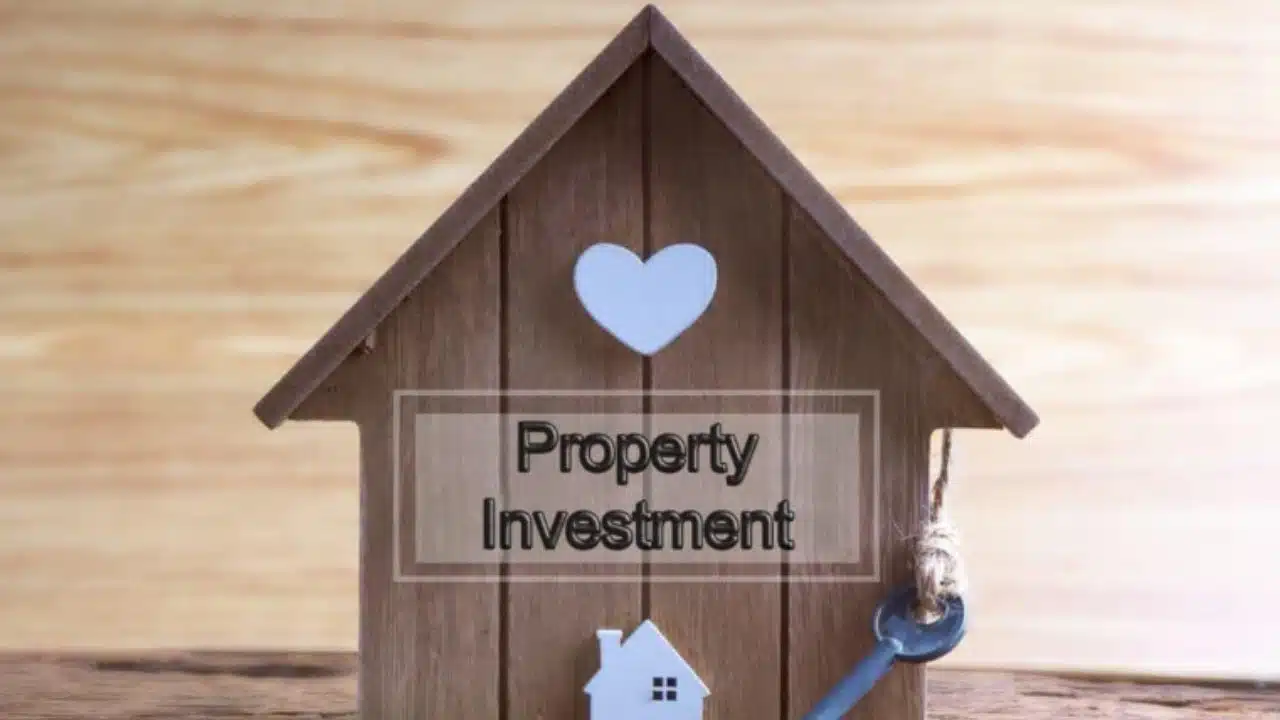If there’s one thing that everyone that earns an income need is investments. An investment is resources (most commonly) money that one puts into a venture or project with the hope of making profit from it. It is often advised that when one is making money, the person should put aside some amount for turning over income and making more money.
Much as we agree that investments are great, what’s even better is making the right investment. Oftentimes, people have ventured into some projects and investments only to be burnt. Therefore, in tackling the issue of investing for beginners, it is important that one has a full understanding of an industry before venturing into it. For example, real estate, has been touted to be a very viable business to invest in, but we have seen people who have been badly burnt by it.
We often hear people say that they have a second home that brings in extra income for them and some people will think all that is involved is buying a property and putting it up for rent. Well, there’s more to it and that is what this article will endeavor to break down for you, so, stay with us…
What is an Investment Property?
An investment property is real estate that is purchased for the sole purpose of making money either by generating income through rent or appreciating over time and getting sold above the value it was purchased for.
These assets can be in different forms; they can either be residential buildings or commercial spaces such as offices or stores or factories. Whatever form it is in, the aim still remains return on investment.
How Do These Properties Make Money?
Before you pour in funds into getting a piece of real estate, you must at least have a basic understanding of all that it entails and how you would recoup your money.
Find below the 2 major ways that your asset can make money for you: –
- Income From Rent – This is a very basic concept to understand as most people have paid rent at one point or the other in their lives. The owner of the property is the landlord and whoever rents the place gets to pay a stipulated amount agreed upon by both parties either monthly, bi-monthly, annually or bi-annually.
- Appreciation (also known as Property Value Growth) – The value of the building or house goes up over time and gets to be sold at a much higher price than it was bought.
Click here to see how realtors believe that government policies can help the real estate business.
Different Types of Investment Properties
There are different types of investment properties or commercial real estate as they are also called. Find below the most common ones: –
- Residential – These include houses, apartments or condos that people rent and live in. some of these buildings can be let out on a yearly or monthly basis while some such as Airbnb are let on a short-term basis.
- Commercial Properties – These include office spaces/buildings, warehouse, stores or wherever people conduct business/production.
- Fix-and-Flip Properties – These are old houses that people buy and fix and then sell at a profit. This type of property is not for novices; you must be versed in remodeling homes and also have the money and time to invest.
- Vacation Rentals – Just as the name implies, these are homes that people buy in places that have a viable tourism trade and rent out to people who come on vacation every season.
Pros and Cons of Owning an Investment Property
Just like any other business, investing in real estate has its pros and cons and it is good for an aspiring investor to understand them all so that you are prepared and know what to expect from the venture.
Find below a summary of the pros and cons: –
Pros
- Passive income
- Tax Benefits
- Long-term wealth generation
- You have more control over your investment than with stocks or bonds.
Cons
- Upfront cost is usually high
- You could have issues with renters/tenants
- Maintenance Issues
- You may end up with property that doesn’t appreciate in value due to a run-down neighborhood or bad economy.
Tips for Buying an Investment Property
Like we said in the beginning, venturing into commercial real estate is not something to be done lightly. There are factors to consider before going off the deep end. Here are some tips to help you make informed decisions: –
- Location – Bear in mind that where you buy your property matters. Ensure that the neighborhood is an upwardly mobile one with good network of schools, businesses, job opportunities and retails stores. Visit this site: https://www.entrepreneur.com/ for more details.
- Count the Cost – Find out what it will cost you as per mortgage payments, insurance, property taxes, maintenance and other unforeseen expenses.
- Do not be in a hurry to recoup your investment; real estate is a long-term game so make sure you have the patience for it.
- Think of Property Management – It is either you manage the property yourself or you hire a manager. Put that into consideration too.
- Take out the Right Loan – If you are making this investment with borrowed funds, make sure you take out a loan with low interest rates and good terms so that the interest on the loan will not invalidate the investment.
Conclusion
Whilst it is true that investing in real estate is quite profitable, the truth is that it isn’t for everyone. Before you embark on this venture, you must be sure that you have the knowledge, money and patience to invest. However, if you are a newbie and you are keen on investing in real estate, then ensure you take out time to learn about the business and get the hang of it before you proceed.





































